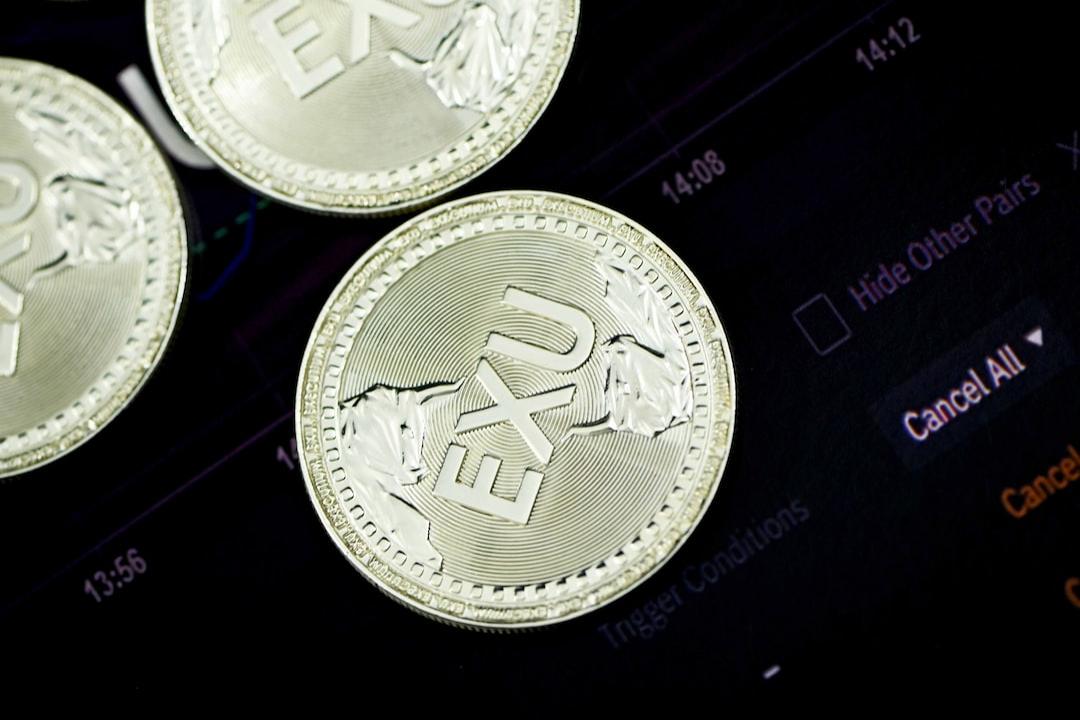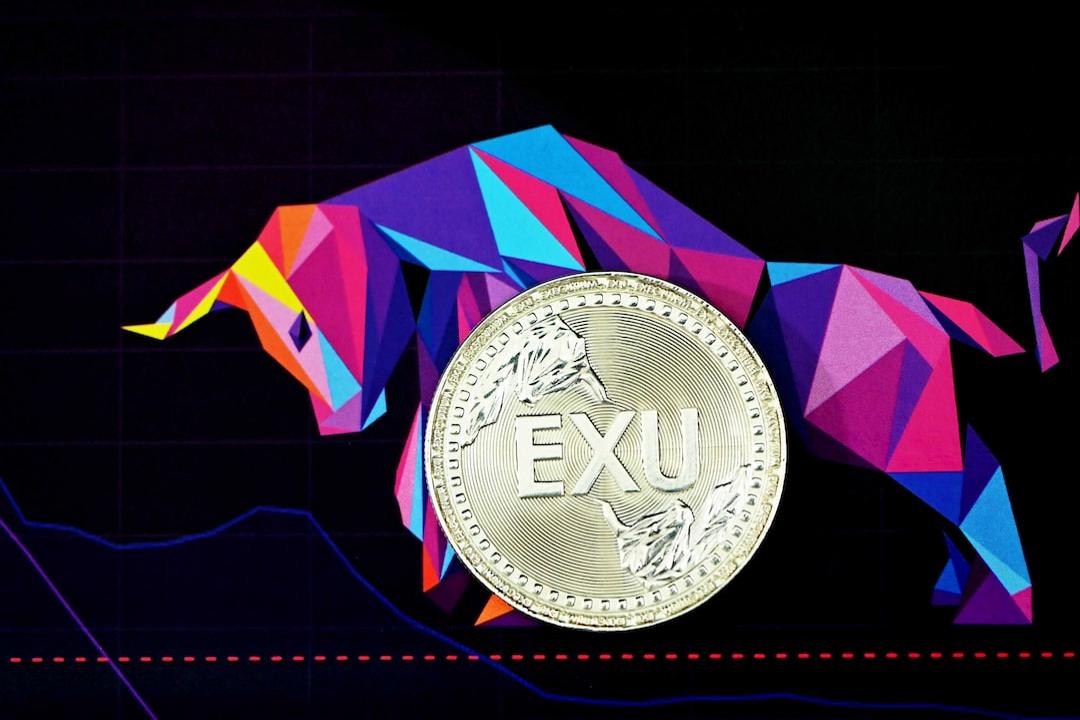According to data from the platform Strategic Ether Reserve, as of Thursday, a total of 64 entities hold Ethereum, with a cumulative strategic reserve exceeding 2.7 million coins, valued at $10.56 billion, accounting for 2.27% of the total Ethereum supply. These reserves, valued at $10 billion, include various types of institutions such as publicly traded companies, cryptocurrency exchanges, DeFi protocols, non-profit organizations, and federal governments, among which 12 entities are publicly traded companies.

Currently, the largest holder of Ethereum is Bitmine Immersion Tech. The company has transitioned from Bitcoin mining to actively accumulating Ethereum, now holding 625,000 ETH (approximately $2.42 billion). Its chairman, Tom Lee, previously stated that the company’s goal is to acquire and stake 5% of the total Ethereum supply.
Next is SharpLink Gaming, led by Joseph Lubin, which holds 438,200 ETH. Following closely is Ether Machine, which announced on Wednesday that it increased its holdings by 15,000 ETH, bringing its total to 334,800 ETH, making it the third-largest enterprise holder.


